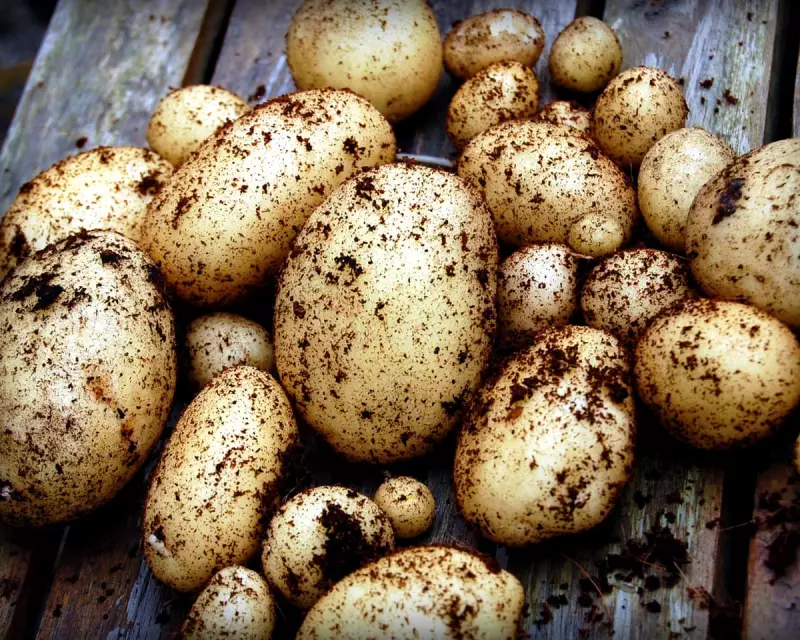
As the autumn sun casts long shadows across the Lancashire fields, something remarkable is happening beneath the soil. The humble potato harvest is yielding more than just this season's crop – it's unearthing fragments of history that have lain dormant for generations.
The Ground Gives Up Its Secrets
With each lifted forkful of earth, farmers aren't just harvesting potatoes but collecting pieces of the past. Fragments of Victorian pottery, clay pipe stems from long-forgotten smokers, and even occasional coins emerge clinging to the tubers, each object telling a silent story about those who worked this land before.
Echoes of Rural Lives
These accidental archaeological finds create an intimate connection across time. The clay pipes, often broken just inches from the bowl, speak of agricultural workers taking brief respites from their labour. The pottery shards, some with intricate blue patterns still visible, hint at domestic lives and meals shared in farmhouses that may no longer stand.
Unlike formal archaeological digs that target specific sites, these discoveries occur randomly across entire fields. They represent the ordinary debris of centuries of rural life – the broken plates, lost tools, and discarded items that accumulated where people lived and worked.
A Living Historical Record
What makes these finds particularly poignant is their connection to the land's continuous cultivation. The same soil that nourishes this year's potato crop has preserved these artefacts, occasionally pushing them to the surface like memories demanding to be remembered.
The process creates a unique historical record – not of kings and battles, but of the common people whose labour shaped the English countryside. Each fragment serves as a tangible link to individuals whose names are lost to history but whose presence remains embedded in the very earth they cultivated.
Nature's Careful Preservation
The Lancashire soil has proven to be an excellent conservator. The slightly acidic conditions that potatoes thrive in have also helped preserve these ceramic and clay fragments, while the annual cycle of ploughing and harvesting gradually brings them to light.
This accidental archaeology reminds us that history isn't confined to museums and history books. It's literally beneath our feet, waiting for a farmer's fork or a gardener's trowel to reveal another piece of the endless puzzle of human habitation.
As another harvesting season progresses, each unearthed potato brings with it the possibility of discovery – not just of a good crop, but of another fragment of Britain's rich rural heritage.





